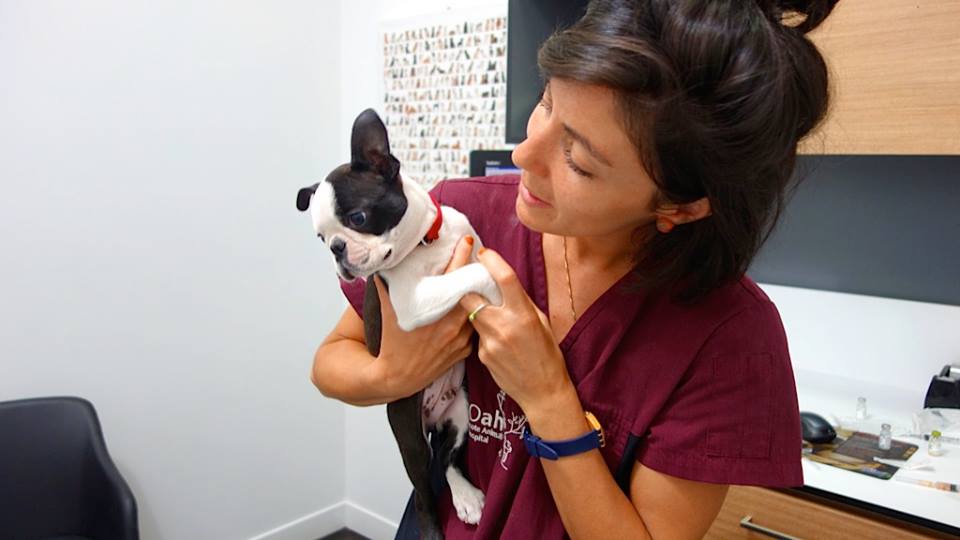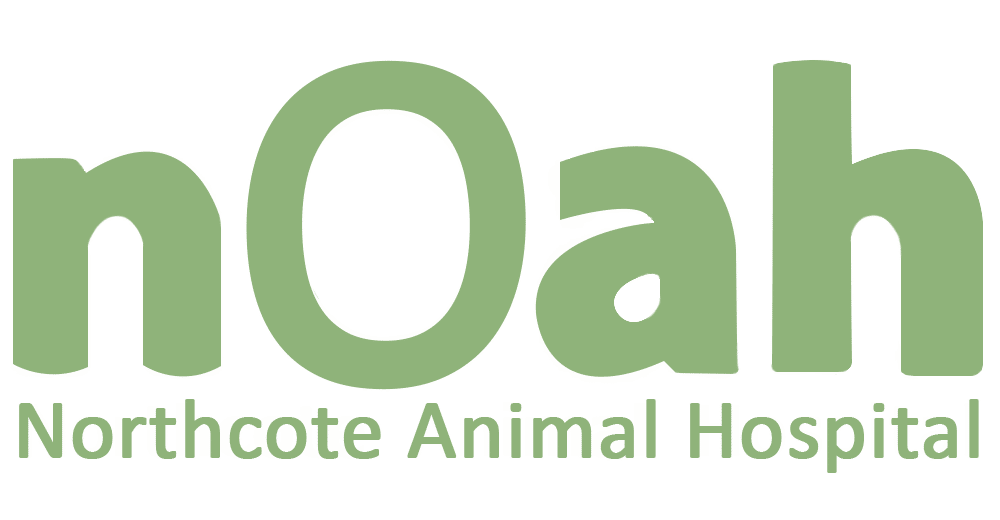Dogs are loveable companions that are very eager to please. They need regular human interaction, physical and mental stimulation to maintain their health.
To keep your dog healthy you also need to pay attention to appropriate diet and give thought to a preventative care plan which will allow you to avoid illness and injury.
Below you will find important information to get you and your dog off on the right foot.

Exercise
All dogs enjoy a good dose of daily playing with their owners. It is great to do this in the comfort of your property but dogs also receive a wealth of benefits by being taken out of their homes as well, preferably on a daily basis to establish a routine. They have an amazing sense of smell which is approximately 30 times better than our own so they can pick up on volumes of sensory information (that humans have no idea about) just by walking the streets and neighbourhood parks. Coupled with the obvious benefits of physical exercise and great social interactions with other dogs and people, taking the family dog for a walk becomes a very rewarding outing for everyone!
All this social interaction is a continuation of ‘training’ your dog to being a happy and healthy member of the family. Puppy Pre School provides the basis of training that can be applied to any time of their lives and so develops their confidence and independence to any situation they may encounter. It also allows you, the pet parent, to become more familiar with what is considered ‘normal’ for your pet and so you are aware of any changes that need to be addressed much earlier.
Diet
There is a confusing array of different pet foods on the market so it can be daunting to select the right food for your pet. Whether it be dry, tinned, natural, organic, raw, or a combination of these, what you feed your pet is crucial to their growth and overall health.
In general most puppies need to stay on puppy food for the first 10-12 months of their lives. Smaller breeds can then slowly switch onto an adult food. Larger breeds, such as Great Danes, Irish Wolfhounds, St Bernards, Mastiffs etc are recommended to continue on large breed puppy food until they are at least 18 months old. This is because they are still growing for this period of time and the body needs the additional minerals and supplements to allow them to grow to their full potential.
Adult diets help maintain your pet’s health by providing enough nutrition for the body to function at its best. However, the tendency is to feed your pet whenever and whatever they want! Just like what humans are facing in this day of excess we can overindulge our pets and cause health issues such as obesity and dental disease. Moderation in all things is the key.
Large breeds over the age of 6 and smaller breeds over the age of 8 are considered senior citizens. There are diets specific for the older pet which are usually lower in calories and provide additional supplements to aid in the support for common older pet ailments. Supplements such as glucosamine and chondroitin are used for joint support and high quality but lower percentage of protein to maintain bodily functions with minimal effect on organs such as the heart and kidneys.
There are many prescription diets that aid to support pets with specifically diagnosed diseases. Please ask a veterinary staff to discuss the proper diet for your pet in these circumstances as they can do harm to pets that do not need the particular food.
Formulated diets are a convenient and healthy way to feed your pet compared with home cooking on a daily basis. All diets must be “complete and balanced”. If the packet of food does not have these words advertising the food then there is a chance your pet may be missing out on some crucial dietary requirements. Unfortunately this is the case with most home cooked diets as well.
You are welcome to ask the staff at nOah if you are considering changing or adding something to your pet’s diet to ensure that it is not doing them any harm.
Preventative Health
Regular health checks at nOah will allow early detection of any diseases or ailments that can be affecting your pet. Whether your pet is a puppy, adolescent, adult or a senior citizen it is important to alert veterinary staff to any concerns you may have, dogs are prone to different diseases at different life stages.
This is why the veterinarians at nOah perform a full physical check of your pet each time they come in for a consultation.
Puppies need a course of vaccinations to prevent serious and sometimes life threatening diseases. See Puppy Care section of the website. An adolescent check is recommended to ensure that your puppy is growing well and to discuss any behavioural issues that might be arising and tackle them early before they have become too established.
During adulthood we all hope that this is the easiest time of their lives since training and preventative health has already become a routine. Adult dogs need at least a once yearly check usually at the same time as their annual vaccinations. We address any other issues such as weight, dental, skin and behaviour during these consultations as well.
During the senior years your pet may need more regular checks especially if we have found certain changes (such as arthritis, lumps/bumps or a heart murmur) or have diagnosed a specific disease (such as heart failure or diabetes). Routine tests such as measuring blood pressure, blood and urine checks and lump checks are recommended to identify any developing disease and also for monitoring purposes. If your pet is on medications this becomes even more important to ensure that the dose of medications given are still suitable and that they are not affecting other body organs.
Regular prevention should be given to all pets for:
- Gastrointestinal parasite control – round worms, hookworms and tapeworms
- Heartworm control – we recommend yearly proheart injections
- External parasite control – fleas and ticks
There are many different regimens and products available to help protect your pet. They should be used from when your pet is a puppy and throughout its lifetime.
Dental Care
Your pet has one set of juvenile teeth and one set of adult teeth, just like humans! This means that that puppies go through a ‘teething’ stage when the adult set are replacing the juvenile one and can cause pain and bad breath. Providing chew toys and softening food will help them through this period that can last many months(!). Familiarising your puppy to sitting still and having your fingers/objects in their mouths will allow teeth brushing later in life.
As adults dental hygiene is more important as this set of teeth must last your pet for their entire lives. Consider using a prescription dental dry food formula. At nOah we recommend aids such as Greenies® chews that have been proven to help fight dental disease and regularly brushing your pet’s teeth with a soft headed toothbrush and pet dental toothpaste. There are also liquids that can be added to their water that eats away at the bacteria in the mouth. All these aids will slow down the progression of tartar accumulation and reduce the chance of your pet having smelly breath or needing a teeth scale and polish under a general anaesthetic.
Dental Check consultations may be redeemable for your pet. Feel free to ask one of our friendly staff how and book in for an assessment of your pet’s teeth today!
If there is dental disease and decay that is irreversible by dental diets then a dental procedure can be performed at nOah. Extraction of teeth are only done as a last resort. Anyone that has had infected gums/teeth or a fractured tooth can vouch for how painful it can be! At nOah we use a combination of general and local anaesthetic to ease the pain during these procedures. After a dental procedure most people comment on how much more active and playful their pet becomes because we have taken away a source of considerable pain.
